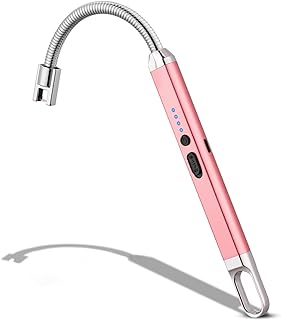1. Butane:
* Most common: This is the most prevalent fuel for lighters, particularly disposable and refillable ones.
* Flammable hydrocarbon: Butane is a highly flammable hydrocarbon gas that burns readily.
* Advantages: Easy to ignite, readily available, relatively inexpensive.
* Disadvantages: Can be messy to refill, releases a distinct odor, potentially flammable if not handled carefully.
2. Naphtha:
* Less common: Used in some specialized lighters like Zippo lighters.
* Mixture of hydrocarbons: Naphtha is a liquid mixture of volatile hydrocarbons.
* Advantages: Longer burning time, less prone to clogging, produces a more consistent flame.
* Disadvantages: More expensive, can be more difficult to find, more flammable and potentially harmful if misused.
Other less common fuel sources:
* Propane: Sometimes used in camping lighters due to its colder burning temperature, making it more suitable for cold weather.
* Ethanol: Used in some biofuel lighters as a more environmentally friendly alternative to butane.
* Kerosene: Historically used in older lighters but is now less common due to safety concerns.
Considerations when choosing a lighter fuel:
* Purpose: What will you be using the lighter for? (e.g., lighting cigarettes, camping, etc.)
* Frequency of use: How often will you need to refill the lighter?
* Environmental impact: Are you concerned about the environmental impact of the fuel?
It's important to always handle lighter fuel with caution, as it is highly flammable. Always read the manufacturer's instructions before using or refilling a lighter.


